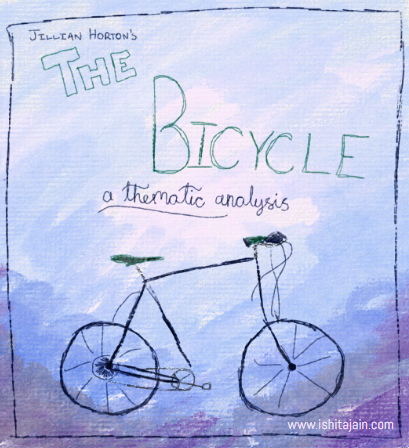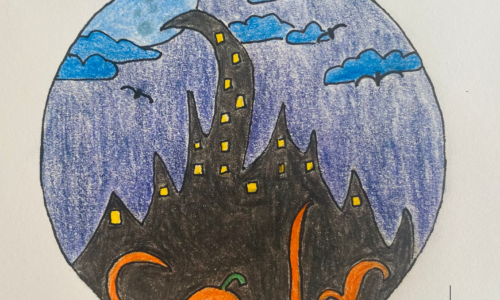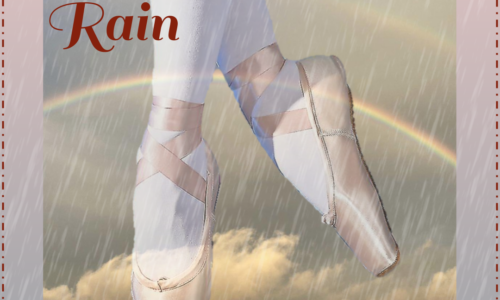Something as simple as a choice can mark the difference between one person’s life and another’s. Jillian Horton explores this idea of choices and their consequences with “The Bicycle,” a short story about the coming of age of Hannah Golandsky. The story conveys that a person must accept the responsibility of making their own choices in order to attain true fulfillment. Firstly, Tante Rose’s demeanor is a testament to the inner peace an individual experiences by committing to their own choices. Tante Rose is a recluse, but is not discontent with her life. In fact, the choice she makes to be dedicated to her religion, her family, and Hannah, portrays her as a symbol of discipline and devotion. When Hannah asks Tante Rose about her life decisions, she does not provide justification for her choices. Instead, she smiles and says, “‘One day, Hannah, you will understand why I made that choice. One day you will understand how all choices are made’” (Horton 1). Despite how society sees Tante Rose, she stays committed to her choices, giving her a sense of fulfillment and self confidence that makes her a respectable figure in Hannah’s eyes. Later, Hannah’s choice to ride the bicycle is a choice she makes for herself that grants her a blissful taste of independence. Hannah envies the freedom that the other children at her school have, and her desire to ride the bicycle stems from the unfulfillment she feels when she compares her life to theirs. When she does ride the bicycle, she vividly describes the feeling of euphoria, saying, “I shook my head and felt my hair fly out behind me, and I went faster and faster until it was like a cape at my back. It was a good feeling” (Horton 3). Hannah does not feel guilty for breaking Tante Rose’s rule against riding the bicycle. Instead, riding the bicycle gives her physical fulfillment, and allows her to prove to herself that she can be in charge of her life. At the climax, when Tante Rose finds out about Hannah riding the bicycle, she expels her from her home because Hannah does not appreciate the aptitude she has for playing the piano. This prompts Hannah to realize that in order to seek fulfillment, she must be committed to the choices she makes for herself. As a result, Hannah declines the tickets to New York, abandoning the road laid out for her, and instead taking charge of her life. In the final line of the story, she reflects, “Tante Rose had said one day I would understand how choices were made. I understood as of that moment. I did not go to New York” (Horton 5). The understanding that Hannah talks about is that a person only makes a decision once they are mature enough to be responsible for its consequences. Many readers do not agree with Hannah’s decision to refuse the tickets. Yet for Hannah’s satisfaction, she must deviate from the life that ultimately belongs to Tante Rose by committing to the choice of autonomy she makes when she rides the bicycle. With Hannah’s choice, she and Tante Rose go on to lead different lives, but they are similar in the fact that they are both prepared to face the consequences of their decisions. Thus, Horton is able to convey that once a person is responsible for their actions, it is only they that have the right to make their own choices.
Works Cited
Horton, Jillian. “The Bicycle.” In Dokumen. https://dokumen.tips/documents/the-bicycle-short-storypdf.html. Web.



